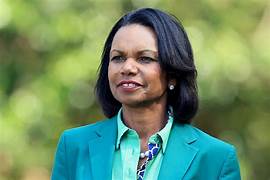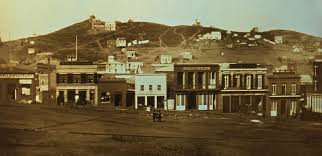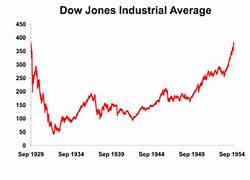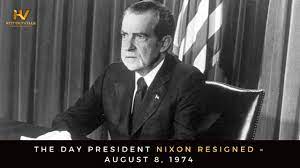In the year 2004, the United States found itself at a critical juncture in its history, both domestically and internationally. At the center of this complex geopolitical landscape was Condoleezza Rice, who played a pivotal role as the National Security Advisor to President George W. Bush.
Condoleezza Rice, a highly accomplished academic and diplomat, brought a unique perspective to the White House. Her background in political science and expertise in Soviet and East European affairs made her a formidable force in shaping U.S. foreign policy. In 2004, her influence was particularly pronounced as she navigated the country through the aftermath of the 9/11 attacks and the ensuing War on Terror.
One of the key challenges Rice faced was the ongoing conflict in Iraq. The decision to invade Iraq in 2003 had been highly controversial, and by 2004, the situation on the ground was complex and challenging. Rice played a crucial role in articulating the administration's stance on Iraq, emphasizing the goal of establishing a stable and democratic government in the region. However, the year 2004 also saw a surge in violence and insurgency, leading to increased scrutiny and debate over the U.S. strategy in the region.
On the domestic front, the 2004 presidential election took center stage. Rice, though not a politician, found herself thrust into the political spotlight as one of President Bush's most trusted advisors. The election was a closely contested battle between Bush and Democratic candidate John Kerry. Rice's role in the administration's foreign policy decisions became a focal point of the campaign, with the Iraq War and the broader War on Terror dominating the discourse.
Rice's presence as a high-ranking African American woman in the Bush administration was historically significant. She broke barriers and shattered preconceived notions about who could hold such influential positions in the U.S. government. Her success served as an inspiration for many, especially those aspiring to break through racial and gender barriers in politics and diplomacy.
Internationally, Rice engaged with a rapidly changing global landscape. The war on terror brought forth a new era of international cooperation and strained alliances. Rice played a central role in managing diplomatic relations, fostering cooperation with traditional allies, and navigating the complexities of a world grappling with terrorism and the consequences of military interventions.
However, her tenure was not without criticism. The handling of intelligence leading up to the Iraq War, specifically the claim of weapons of mass destruction, became a major point of contention. Critics argued that faulty intelligence had been used to justify military action, and Rice, as the National Security Advisor, faced scrutiny over her role in conveying this information to the public and the international community.






